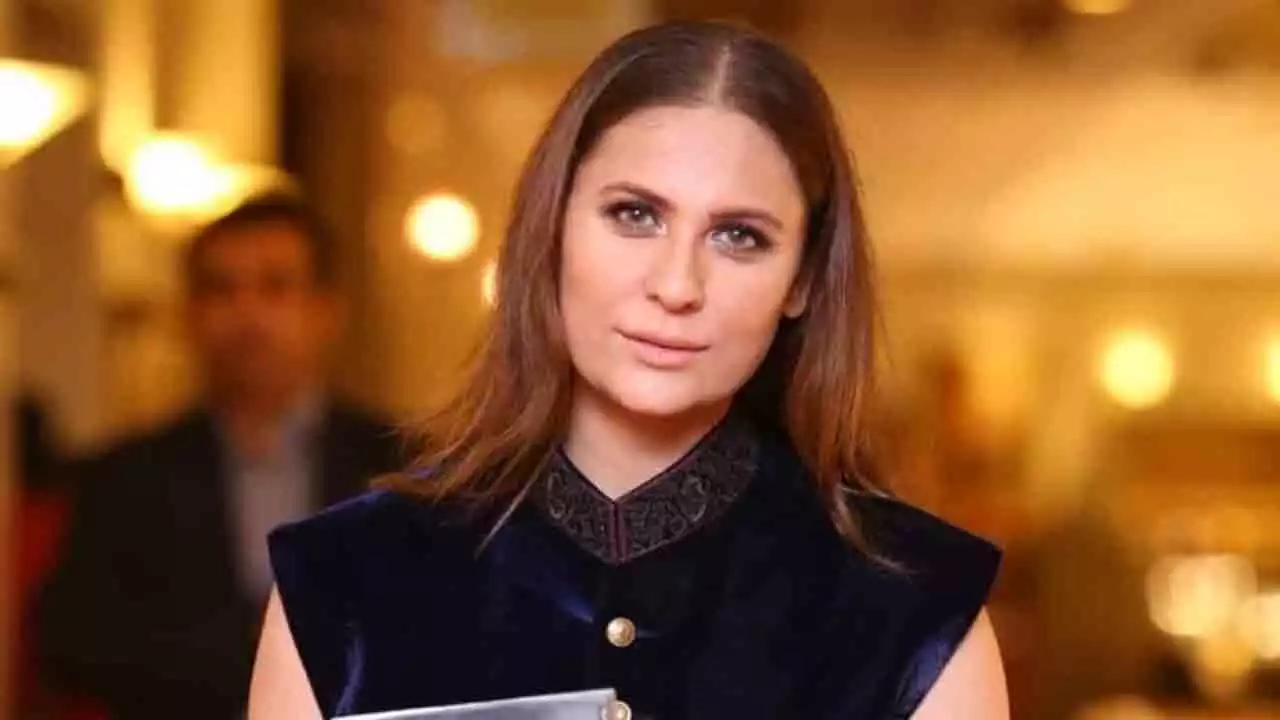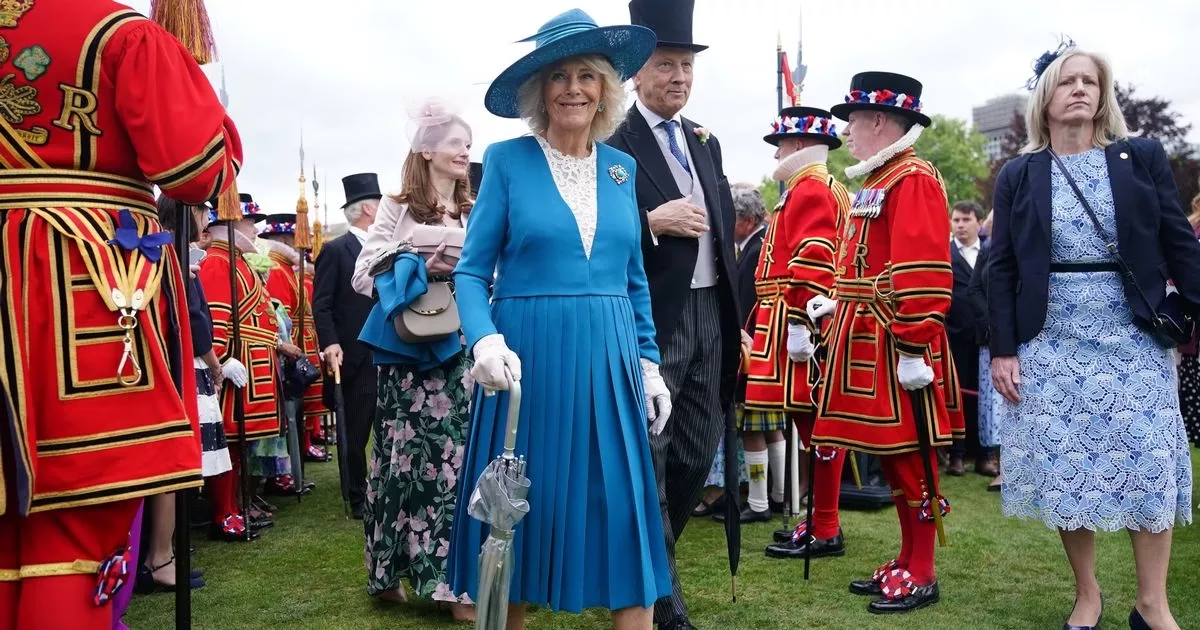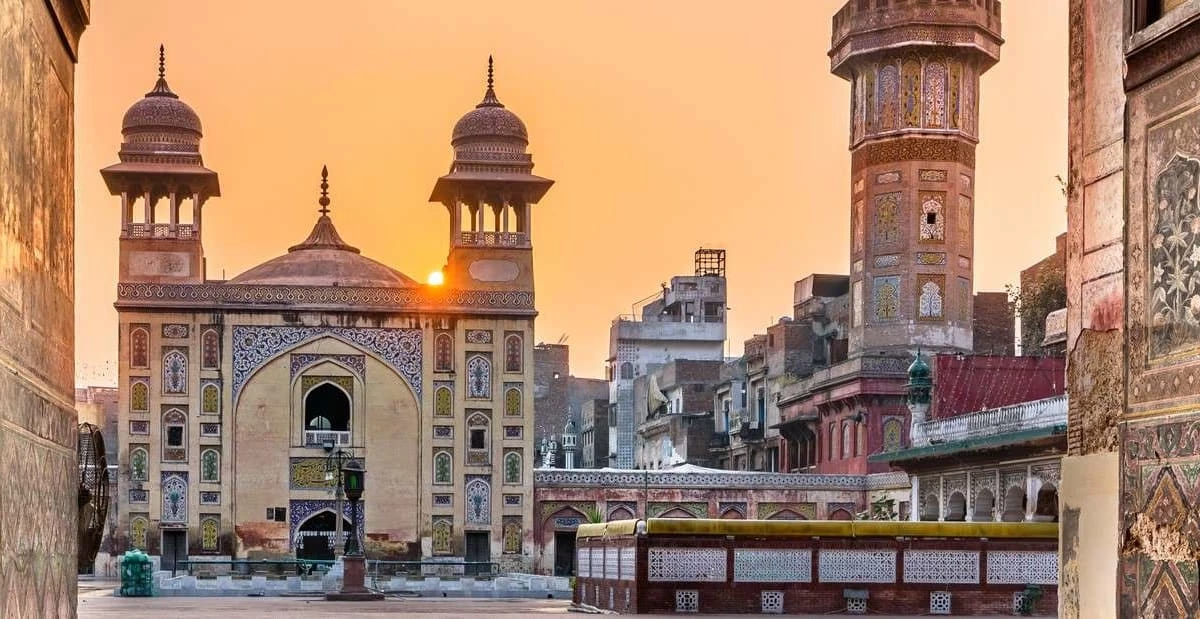The Pakistani showbiz industry has always been a subject of curiosity, glamour, and controversy. Recently, leading actress Maimuna Quddus spoke candidly in a podcast about the realities of the industry, sharing her personal experiences and views on the contrasting attitudes of people in Lahore and Karachi. Her revelations shed light on issues often hidden behind the glittering façade of fame, from professional rivalries to casting couch practices.
Insights on Lahore vs. Karachi in the Pakistani Showbiz Industry
In her conversation, Maimuna Quddus drew a clear distinction between the cultures of Lahore and Karachi within the Pakistani showbiz industry. She stated that while homosexual issues exist in Karachi, Lahore is home to more openly held parties. According to her, such activities in Lahore go beyond what should be acceptable in society and often cross ethical boundaries.
She further described Lahore’s industry as being more problematic, claiming that many individuals there exaggerate their financial status, often talking about millions of rupees without actually having that kind of wealth. This culture of showing superiority, she said, creates a toxic environment for actors and artists who want to work with dignity.
On the other hand, Quddus argued that Karachi’s entertainment circle is more professional, though this professionalism often comes at the expense of humanity. In her words, relationships in Karachi are largely transactional. Even in personal connections, people often discuss what benefits one will receive before forming a relationship.
Casting Couch in the Pakistani Showbiz Industry
Perhaps the most striking revelation from Maimuna Quddus was her acknowledgment of the presence of the casting couch in the Pakistani showbiz industry. She openly admitted that sexual exploitation in exchange for work is not a myth but a reality that many artists face. Importantly, she emphasized that this problem is not limited to women. Men, too, are victims of harassment and exploitation in the pursuit of roles and opportunities.
This sheds light on a global issue in entertainment industries, where power imbalances often leave aspiring actors vulnerable. The admission that such practices are prevalent in Pakistan, affecting both genders, raises serious concerns about ethics and transparency in the entertainment world.
A Culture of Competition and Sacrifice
The Pakistani showbiz industry is also marked by competition and personal sacrifice. Like many actors, Quddus believes that success in this field often comes at the cost of one’s private life. Fame brings recognition and financial stability, but it also exposes artists to criticism, scrutiny, and exploitation.
Actors often become public property, where their personal choices are judged by everyone. This loss of privacy and constant societal pressure can create immense mental stress. According to recent reports, more than 40% of performing artists in Pakistan have admitted to facing stress and burnout due to the competitive and judgmental nature of the industry.
Professionalism vs. Exploitation
Quddus’s remarks also highlight a deeper paradox within the Pakistani showbiz industry. On one hand, cities like Karachi present themselves as professional hubs where efficiency and results dominate. On the other hand, the prevalence of transactional relationships and casting couch practices indicates that exploitation and manipulation remain widespread.
This tension between professionalism and exploitation reflects the challenges faced by artists today. While the industry has grown significantly with the rise of digital platforms and international collaborations, these structural issues continue to hinder its credibility.
The Way Forward for the Pakistani Showbiz Industry
The candid conversation by Maimuna Quddus has sparked debates about the need for reforms in the Pakistani showbiz industry. Stronger protections against harassment, stricter accountability for exploitative practices, and a shift toward genuine professionalism are essential if the industry is to thrive with integrity.
The introduction of digital media platforms and OTT streaming has already expanded opportunities for artists, reducing dependence on a handful of production houses. With over 70 million internet users in Pakistan, the demand for content is growing, which could push the industry toward greater transparency and inclusivity. However, without cultural and ethical reforms, the problems highlighted by Quddus may continue to overshadow this progress.
Maimuna Quddus’s bold statements have peeled back the curtain on the darker realities of the Pakistani showbiz industry. From Lahore’s show-off culture to Karachi’s transactional professionalism, from casting couch practices to the sacrifices artists make for fame, her remarks capture the complex dynamics of the entertainment world.
For the industry to evolve and gain international credibility, reforms are crucial. Safeguarding artists, promoting merit-based opportunities, and addressing harassment openly are steps that can transform the Pakistani showbiz industry into a safer, fairer, and more professional space for all.



